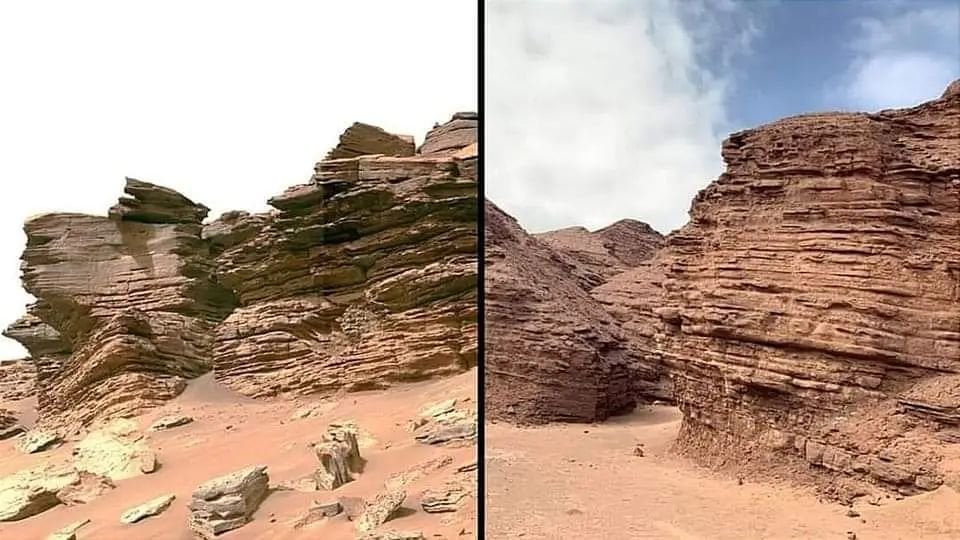this post was submitted on 21 Sep 2024
523 points (98.7% liked)
Space
8617 readers
97 users here now
Share & discuss informative content on: Astrophysics, Cosmology, Space Exploration, Planetary Science and Astrobiology.
Rules
- Be respectful and inclusive.
- No harassment, hate speech, or trolling.
- Engage in constructive discussions.
- Share relevant content.
- Follow guidelines and moderators' instructions.
- Use appropriate language and tone.
- Report violations.
- Foster a continuous learning environment.
Picture of the Day
 The Busy Center of the Lagoon Nebula
The Busy Center of the Lagoon Nebula
Related Communities
🔭 Science
- !astronomy@mander.xyz
- !curiosityrover@lemmy.world
- !earthscience@mander.xyz
- !esa@feddit.nl
- !nasa@lemmy.world
- !perseverancerover@lemmy.world
- !physics@mander.xyz
- !space@beehaw.org
- !space@lemmy.world
🚀 Engineering
🌌 Art and Photography
Other Cool Links
founded 1 year ago
MODERATORS
you are viewing a single comment's thread
view the rest of the comments
view the rest of the comments


There's a non zero chance that Mars is a remnant of the planetary impact that occured to the Earth ~ 3.5 BYA. The issue is that's a really loose hypothesis, but the speculation is that Theia - which impacted Gaia (old Earth) was an ice planet / water world, which gave us most of our oceans.
Evidence of water evaporation on Mars therefore makes sense, as a catastrophic effect (such as planetary impact) would indeed cause the atmosphere to boil off, leaving behind these dry lakes and riverbeds.
I personally haven't spent enough time on Mars to make a substantial conclusion, there wasn't enough time to do any science between the sheer insanity of basic survival on a planet that seems uniquely designed to kill you and crush your spirit before doing so.
I totally approve of your analysis however, and it's proof why geologists deserve a seat on the interstellar jumpships :3
No, Mars was not formed by the moom-forming impact event between Gaia and Theia. The moon is the remnant you're talking about, not Mars.
I think they mean Mars could be Theia.
I think the fact that it’s really far away, in a circular orbit, and doesn’t have a big chunk missing is still a good sign that mars isn’t theia
Why would it have a chunk missing after all this time? If it did could we even tell? Whatever it was isn’t still in the area so being far away may not mean much. Circular orbit is probably biggest reason it’s likely not Mars, although it could have evened out relatively recently.
This simulation shows the Mars sized object merging with Earth so there goes that theory.